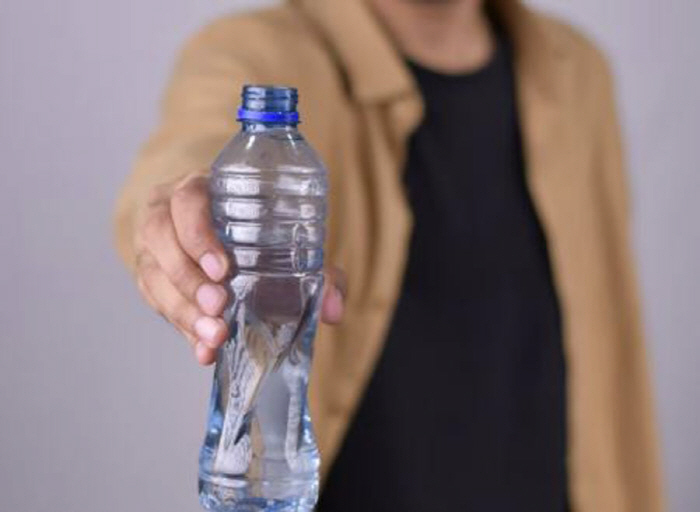Not drinking enough water increases stress hormone secretion 1.5 times
|
An entertainment show performer's remarks were interpreted as "It is dangerous to drink more than 2 liters of water a day", and there was a heated debate in the medical community as well.
In the meantime, people who do not drink enough water have 1.5 times more cortisol secretion, the stress hormone.
According to a research team from John Moore's University in Liverpool, England, people who did not comply with the recommended daily water intake tended to have significantly higher cortisol levels in stressful situations.
If cortisol levels remain consistently high, they can be associated with a variety of diseases such as hypertension, heart disease, type 2 diabetes, obesity, depression, and anxiety disorders. Chronic stress is also noteworthy in that it weakens the immune system, making it more vulnerable to disease.
The experiment was conducted on 32 volunteers, with half restricted to drinking only 1.5 liters of water per day and the other half taking the recommended amount (2.5 liters for men and more than 2 liters for women).
Participants measured their moisture status through urine and blood samples before the experiment, and then participated in a stress test that simulated the actual situation.
After 10 minutes of preparation, they had an impromptu interview in a room where three interviewers in white gowns were waiting, followed by a mental arithmetic task of draining numbers at a rapid pace.
Analysis of saliva samples taken before and after the test showed that cortisol levels rose much more rapidly in the group that drank less water. This suggests that even mild dehydration can excessively activate the body's stress response, which can adversely affect health in the long run.
Professor Neil Walsh of John Moore's University's Department of Sports and Exercise Sciences, who led the study, said `We knew that people with insufficient daily water intake were in poor water conditions, but we did not know whether the stress hormone response would be greater when stressed out.'
Interestingly, physical signs of stress, such as increased heart rate, sweating on hands, and dry mouth, were similar in both groups, but cortisol responses were much stronger in those who drank less water. Nor did they report that they felt more thirsty.
The researchers said further research is needed to determine whether water intake can alleviate cortisol responses even in the context of 'microstress' in daily life in the future.
Meanwhile, the recommended daily water intake is known to be about 1.5 to 2 liters (including food) for adults.
However, if you have a lot of intense exercise or outdoor activities, it is recommended to eat additionally.
This article was translated by Naver AI translator.




